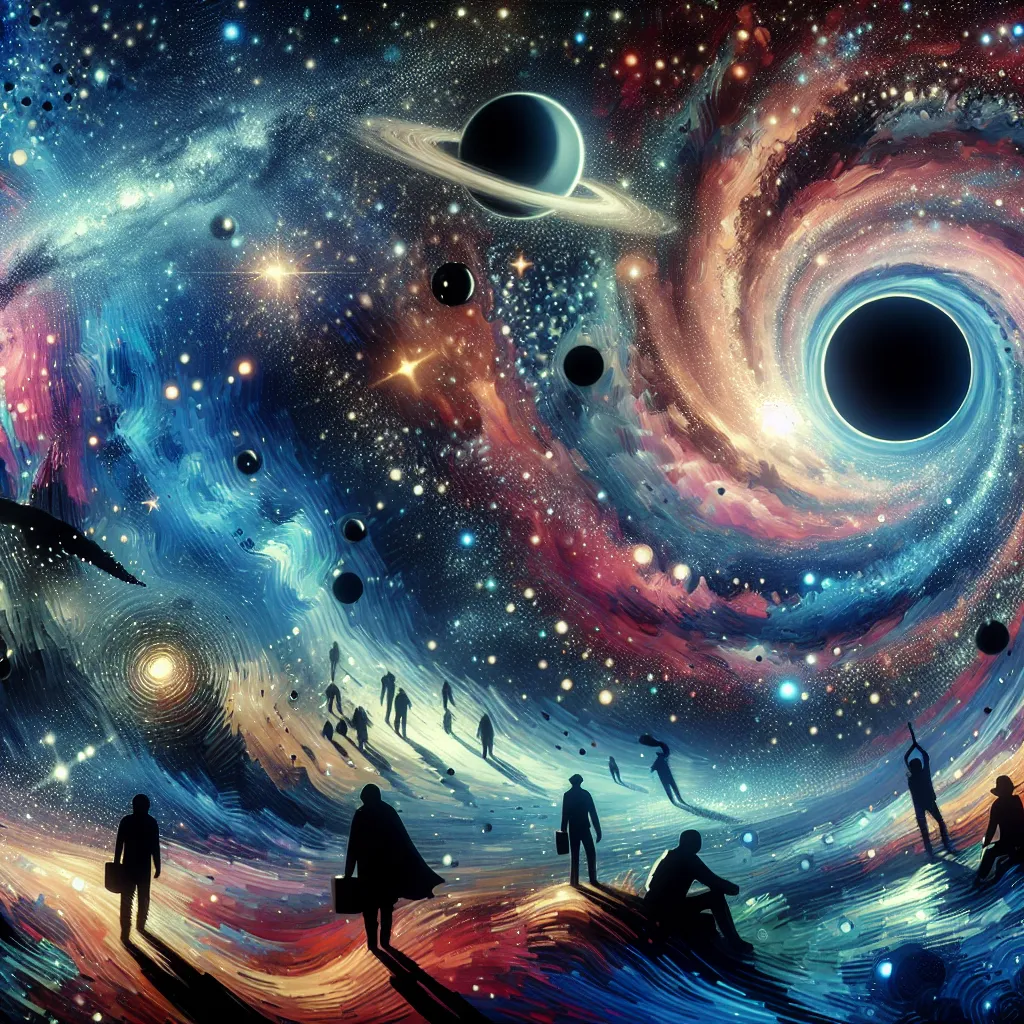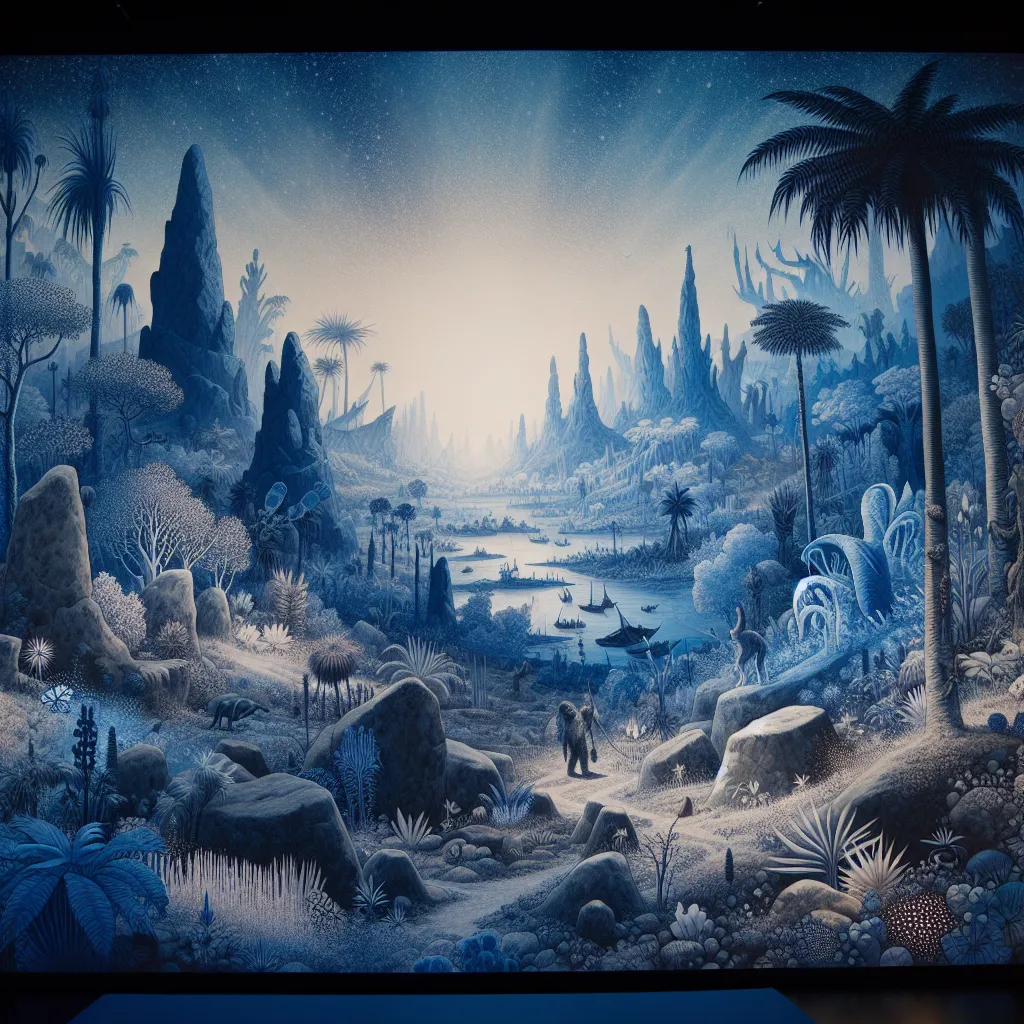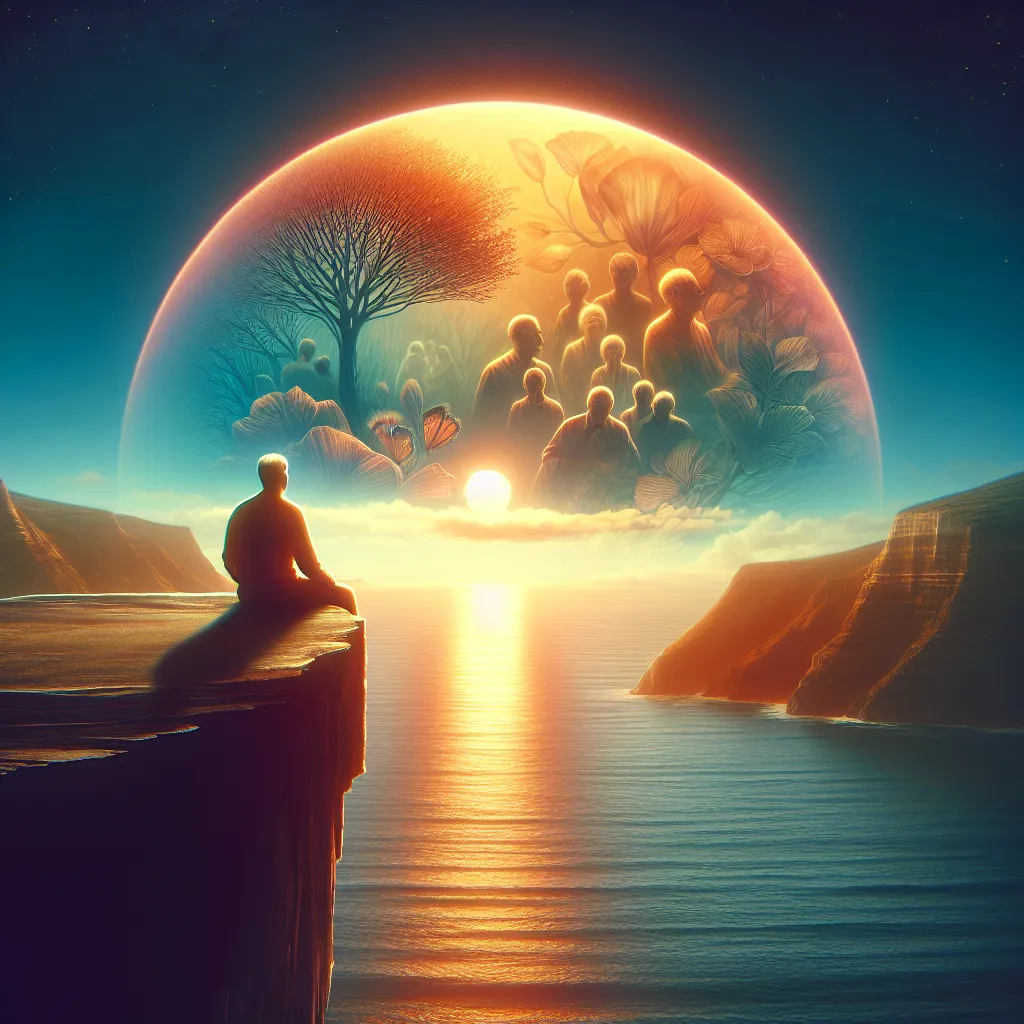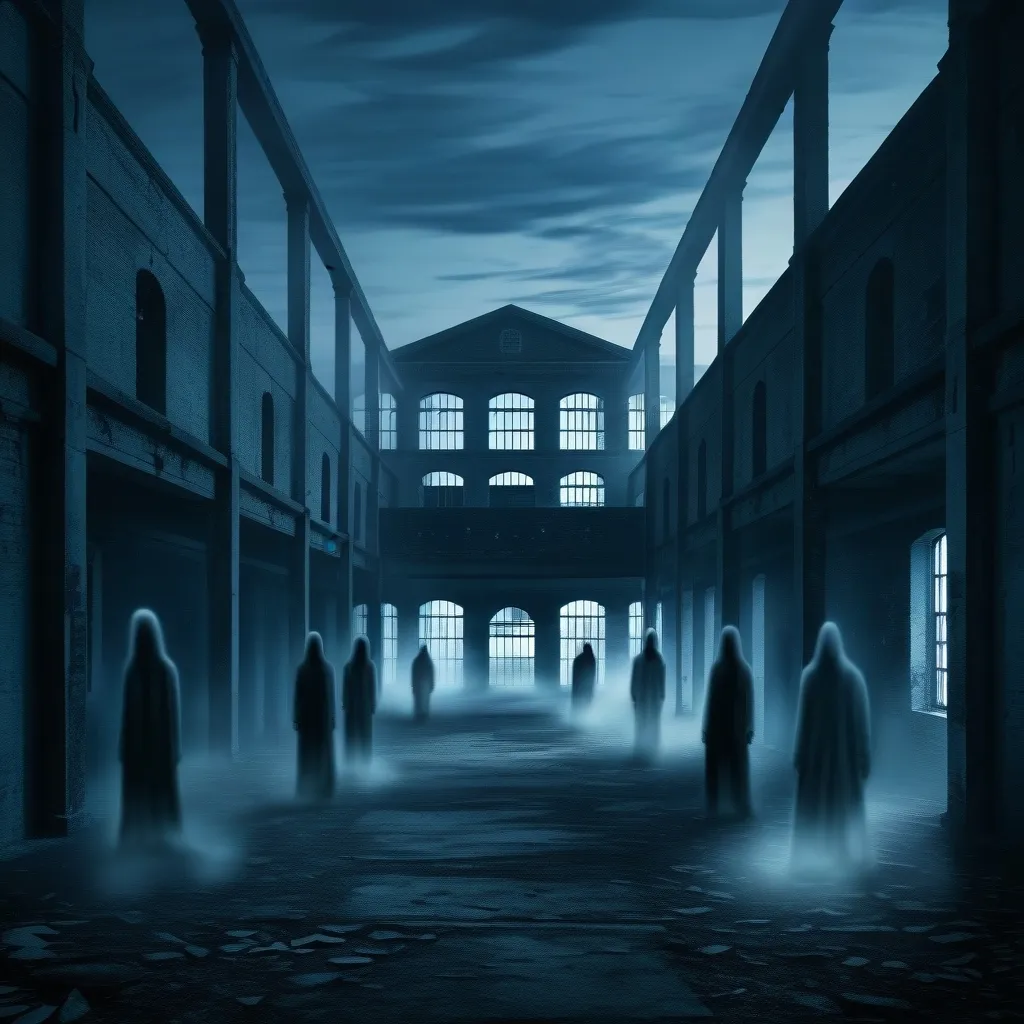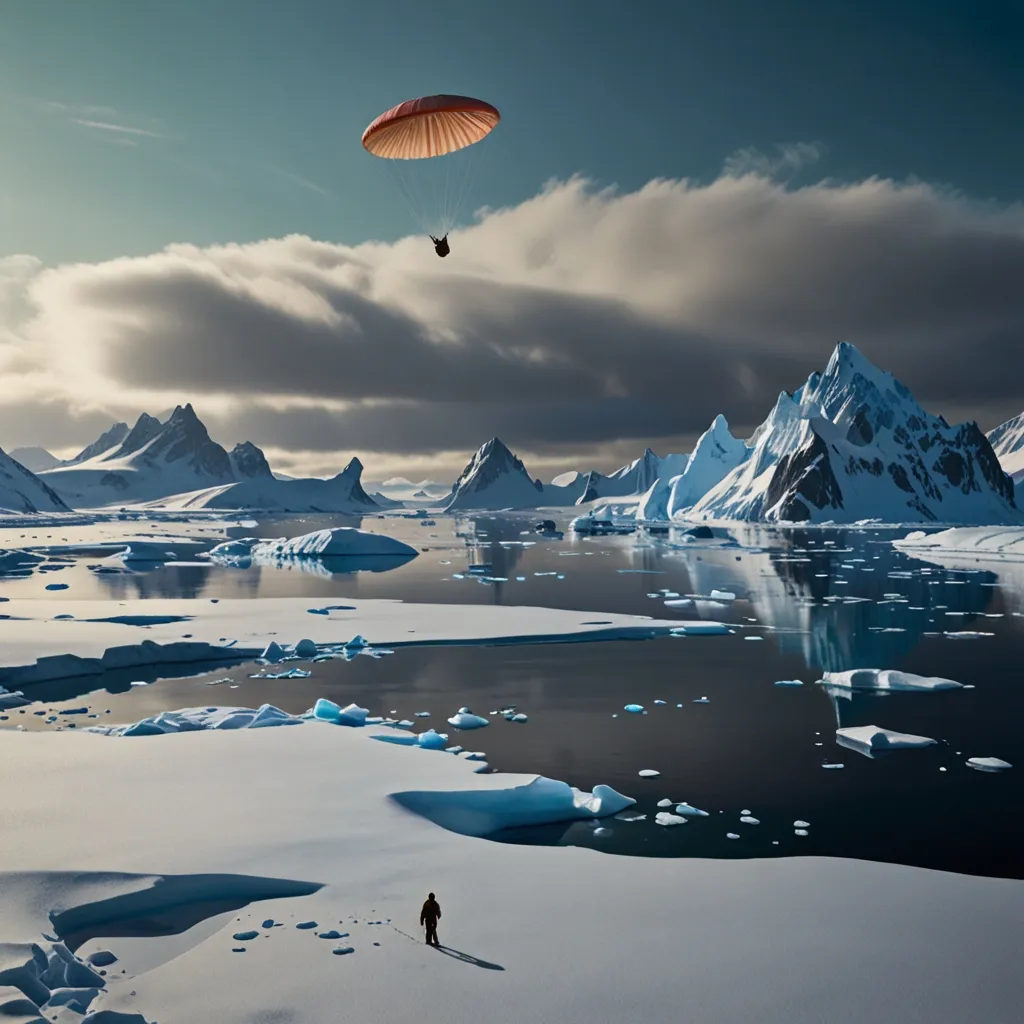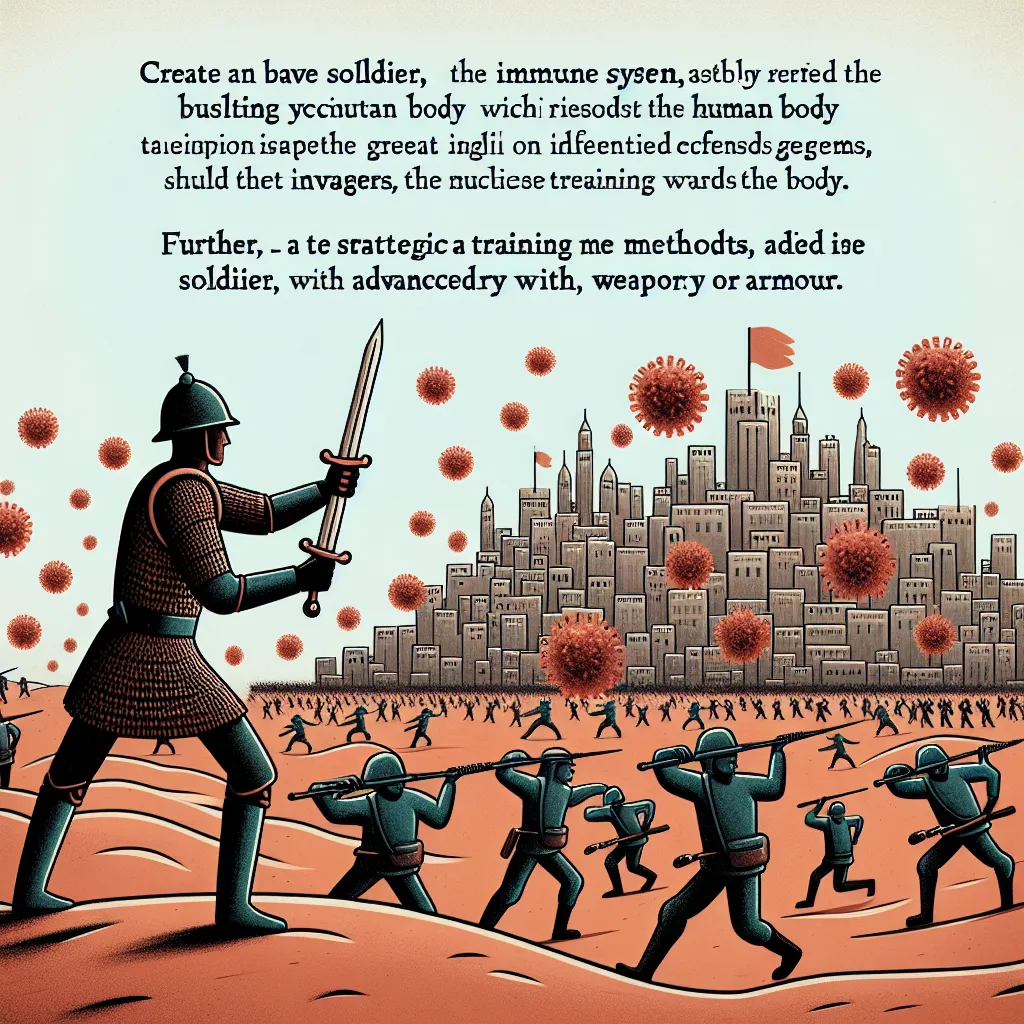Let’s dive into something mind-bending and fascinating – black holes and the universe. It’s not just about those deep, dark voids in space that gobble up everything that gets too close. Black holes may be far stranger and more important than we often think.
What if we ourselves are inside a series of black holes? Believe it or not, everything might be black holes all the way down. That’s because black holes distort space and time, possibly even spawning infinite universes.
To understand this, you don’t always need ultra-dense matter. For example, if you could shrink Earth to the size of a coin, it would turn into a black hole. The Sun? Just compress it to the size of a small city. Instantly, you’ve got a black hole. Distilled simplicity, right?
But as black holes grow larger, they don’t get denser. A black hole that has the mass of our Sun is only about 6 km wide and has a density roughly equivalent to one Himalayan range per cubic meter. The supermassive black hole at the Milky Way’s center is huge – 24 million kilometers in diameter – but it’s less dense than you might think, comparable to the density of a few blue whales per cubic meter.
Now, let’s imagine taking a balloon and inflating it with tons of air. As it grows to the size of a solar system, voilà, it becomes a supermassive black hole. No violence or squeezing necessary.
If we scale this up even more, the observable universe – a sphere with a radius of 45 billion light-years, full of galaxies, gas, and more – has enough mass to create a black hole 10 times its size. That suggests we could be living inside a colossal black hole.
Still, our expanding universe suggests it’s not a black hole in the way we normally think. But consider this: what if black holes could themselves create new universes?
Inside a black hole, the space-time rules are warped. Space may become infinite, but time is finite. As you go deeper, everything eventually collapses into a singularity – an event where space and time are no longer recognizable.
Yet, this collapse might not be the end. It could bounce back, potentially creating a new universe. So, black holes could be birthing new universes from within. Our universe might have itself been born inside a black hole from another universe.
This self-replicating Universe concept means universes that are good at creating black holes would proliferate. Universes with many black holes could become the norm, leading to more stars, more planets, and potentially more life.
Are we inside such a universe? While these ideas are rooted in science, they remain speculative and untestable with current technology. They raise more questions than they answer.
But there’s something heartwarming about living in a universe where such grand possibilities can be entertained. It hints at the endless potential for life and new worlds.
